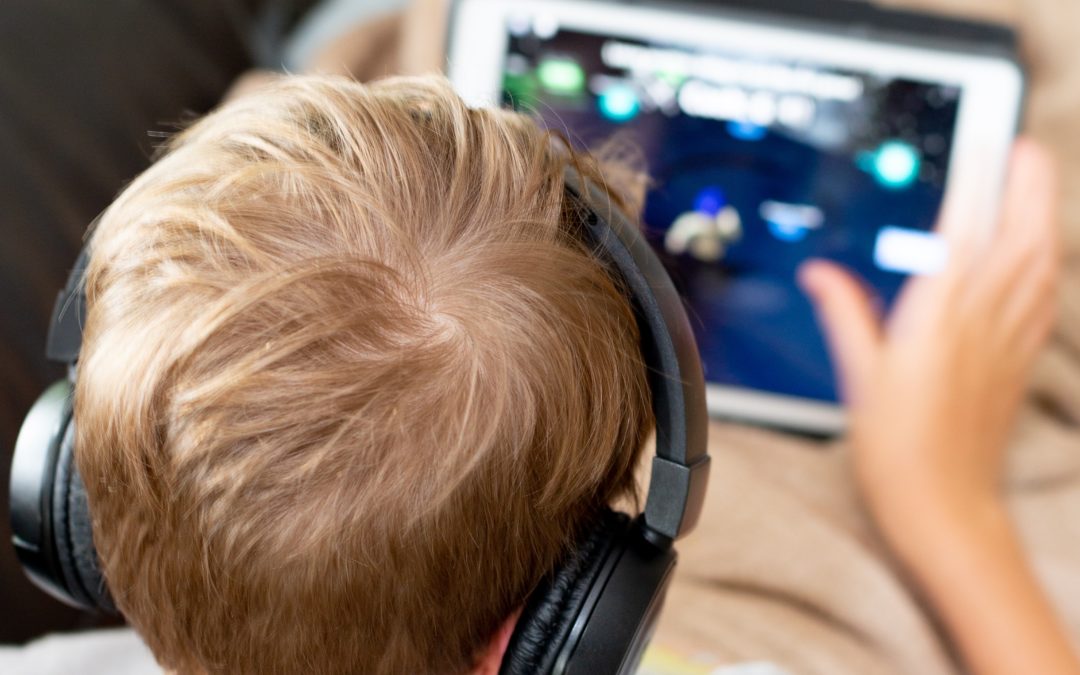A recent survey has found that 36% of children have not seen another child their age (who isn’t their sibling) for over a month.

The survey of 2000+ parents, carried out by the Parent Ping app, has shone a light on an issue that has been somewhat lost amid the chaos of Covid: the impact of isolation on our children. Psychiatrist Noel McDermott says: ‘It’s a really worrying statistic and points to why the government are prioritising getting schools open. For children and teens social interaction with peers is absolutely vital for healthy development both psychological and physiological. It needs to be in real life for neuro-developmental reasons. Certain processes only happen in real life.’
It is a worrying stat, but perhaps, sadly not surprising. Right now, unless your child is in school or part of a household or childcare bubble, or are under 5 then there has been no legal way to spend meaningful time with another child.
So, given that is where we are. What can we do to help our kids?
Ian Soars, CEO of parenting and children’s charity Fegans, says: ‘Many parents are reporting a significant loss of social contact for their children and their worries about this. At Fegans our first response is always to reassure parents: don’t worry, nothing is irreversible, but your children are feeling the impact and the consequences of that will continue for a while. If left unaddressed it will create problems as they progress through life.
So what to do?
Firstly, most lockdown parenting guides will talk about maintaining open conversations with your children, and not pressurising them over studies, not sweating too much about the amount of time they are on social media or gaming sites. Beyond this you will need to do three things:
- Bring hope…point to future plans – if they are returning to school focus them on that.
- Proactively begin to approach parents of your children’s friends (they will be thinking the same things) find creative solutions together.
- And, if you can, splash the social cash when lock down eases…with swimming pools, clubs, BBQs…literally anything to get your children in the habit of socialising once again. It will mean you reverting back to being a free taxi driver for your children…but once they are “relaunched” it should settle down’.
Fegan’s Parenting Lead Nicola Baldwin said, ‘There is a link between extended periods of loneliness and mental health conditions such as depression and anxiety in the future and loneliness can worsen children’s existing mental health conditions. Children aged 5-11 years old are more likely than older children to become clingy, cry and have tantrums and disturbed sleep. Children over 12 years old are more likely to become withdrawn.’
Here are Nicola’s tips for helping children cope with loneliness:
Give your children emotional support, and help them feel safe and secure. Talk calmly and explain what is happening in a way appropriate to your children’s level of understanding. E.g. draw a picture rather than talk about something scary.
Your child needs to spend quality time with friends to feel connected and supported. The safest way for your child to talk to or play with others during the pandemic is through video calls or phone calls. Older children might enjoy texting or playing online games with friends. This might require temporarily loosening your rules about your child’s amount of daily screen time.
Children need secure and reassuring relationships with their parents or other caregivers during stressful times. Offer more hugs and cuddles. Be there for your child and regularly check on how they are doing.
Loneliness is difficult to describe and verbalise, and children especially can struggle with this. Therefore, talk around what loneliness is, emphasising that feeling lonely is completely normal and a topic that is safe to talk about.
Structure the day. Keep things as close to their school day as possible in terms of school starting, breaks and lunchtimes as you can. Follow the usual bedtime routine and allow time for their favourite activities.
If you sense your child is struggling then start a conversation and listen to their feelings without dismissing anything. Once they feel understood, they tend to calm down and will feel more comfortable being open with you. Finally, ask them what would make them feel better.
About Parent Ping
Dad.info wrote this article in collaboration with data provided by Parent Ping. Why not download the free Parent Ping app from the Play Store or the App Store yourself?
Each day your phone will PING! and send at least 2 questions to answer. You can decide how many of your children you’d like to answer questions about, and they aim to make the whole thing as easy and simple as possible. You just quickly give your view and then learn what other parents thing. Once answered, you get to see the answers from yesterday. The app also rewards you with badges, points and a daily read about some aspect of parenting.
Counselling
To find out more about counselling online with Fegans, the charity that publishes Dad.info leave your details here.









